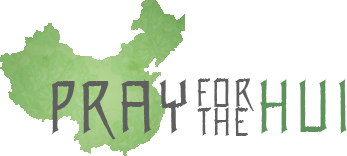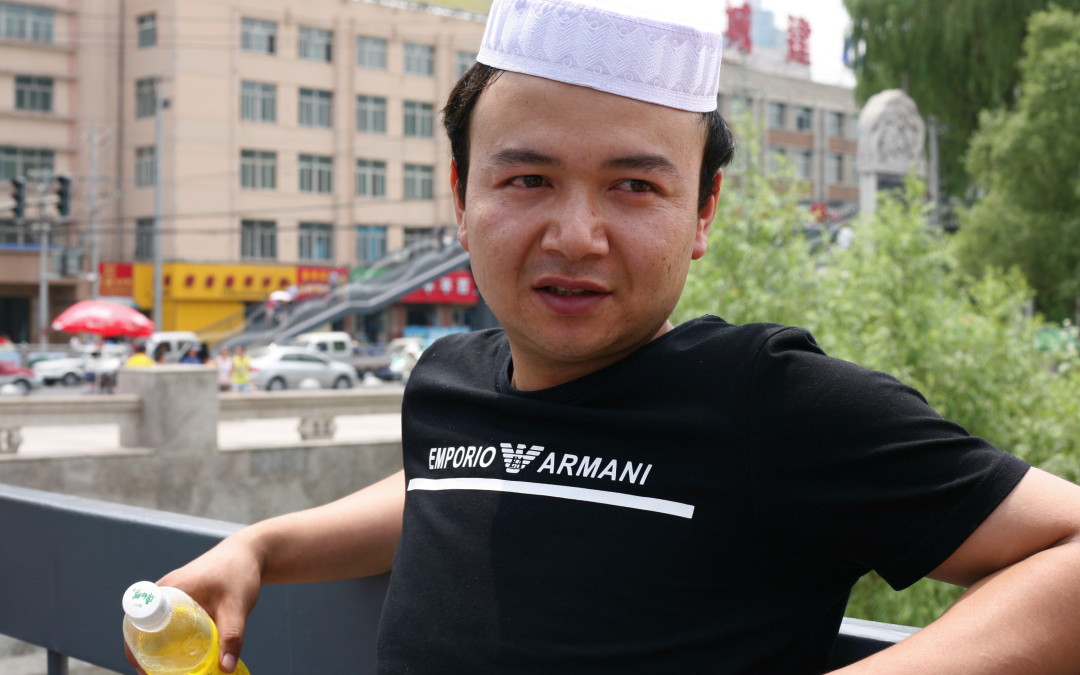I sat at the lunch table and couldn’t help reflecting on the irony of it all. Here we were, celebrating the national Spring Festival (which Muslims don’t participate in), where our Hui friend’s family members were smoking and drinking alcohol (which Muslims don’t consume), asking their non-Muslim friend why Muslims are not allowed to eat pork! This was not the Islam I had read about in most books. And yet, in God’s wisdom, these people are a substantial part of the Islam I had been called to love and serve.
I came to our city expecting hijabs and keffiyehs and was instead met with high-heels and hard liquor. While there are certainly orthodox, devout adherents to Islam among the Hui people, the reality in our city and in many others is that they are the exception and not the rule. How is it possible to engage a people on spiritual levels when most of those people don’t even have a foundational understanding of their own religious identity? Searching the Quran or Hadith was not only misguided but also hugely impractical. What little concept of Islamic identity many of my Hui friends have comes only through highly filtered interpretations given by local Imams in the occasional Friday sermon. Many lives are marked by materialism and selfishness masked by a thin veneer of religiosity. How can I as a worker begin to find Gospel inroads into such a quasi-secular version of Islam?
It really became a crisis which forced me to go back to square one. My first reaction was one of frustration, which led to profound pity. These people, like all of us apart from Christ, are truly “sheep without a shepherd” (Matthew 9:36). To be so obviously ignorant of spiritual realities but so confident that everything is still ok! Yet is this not the human condition under sin (Ephesians 2:1-3)?
But it was to this condition that Christ came, not as a spectator but incarnate humanity (John 1:14). He dwelt among us, experienced our culture, listened to our hopes, confronted our idols, gave us true life. He came not to be served but to serve (Mark 10:45). In Him we have the perfect picture of love (1 John 3:16) and the perfect paradigm for engaging an ignorant and helpless people.
Remembering these realities has reoriented my ministry and refueled my love for my Hui neighbors. I pray and listen more and talk less. I share the Good News less to ideologies and more to the people who can’t be pigeonholed by books and surveys. I trust the Word more when it says that eternity is set in every man’s heart and that all of us have a flawed worldview which at some point breaks down (Ecclesiastes 3:11, Romans 1:18-21). I work more confidently every day in light of the Day when the Lamb who was slain will receive the consummate reward of His suffering (Revelation 5). Amen, Come Lord Jesus!
Pray that Hui people from various cultural and religious backgrounds will join around the heavenly throne to praise Jesus for all eternity!

